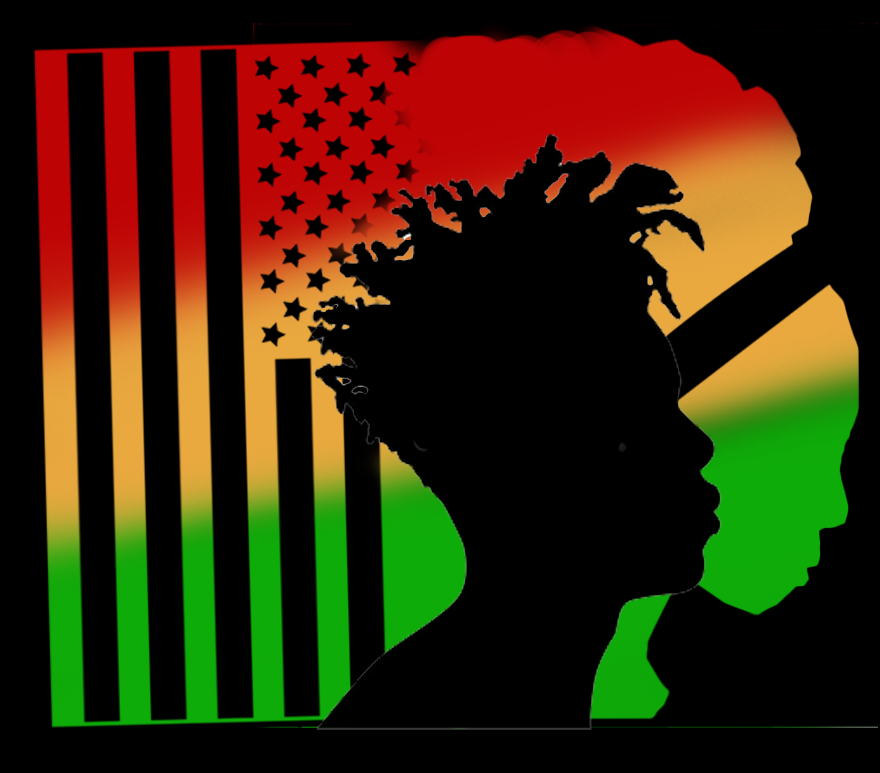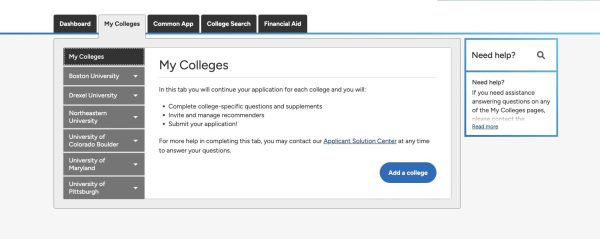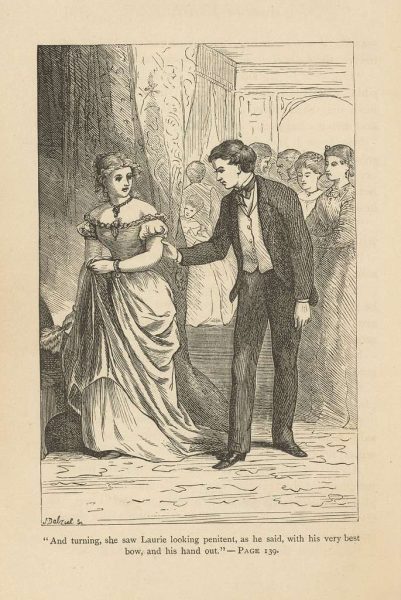African American history should be required at Eastern
Eastern Regional High School offers a wide variety of history courses for students that focus on underrepresented minorities, and I cannot wait to see how they build on this representation to create a history curriculum that is inclusive for all students.
African American history is American history, but is it portrayed as such in the curriculum?
On February 1st, 2023, the College Board made a decision that would change the course of the national AP African American History curriculum. It deleted topics dealing with Black Lives Matter, black feminism, black queer studies, incarceration, and reparations following criticism from Florida Governor Ron DeSantis. Decades of Black history and culture were excluded from the curriculum because of one man’s political beliefs, and how he influenced people to support him.
As a former School District of Philadelphia high school student, I was curious to see how African American history and Black culture were integrated into Eastern Regional High School’s curriculum. My previous high school, Central, required four years of history courses, with World, African American, American, and Social Science required to graduate. Eastern’s curriculum meets all of the New Jersey Student Learning Standards and follows New Jersey’s Diversity and Inclusion Law. However, as the nearby Cherry Hill and the Philadelphia school districts demonstrate, Eastern could be more inclusive within these requirements.
To graduate from Eastern Regional High School, students must take World History, US History 1, and US History 2. Outside of the graduation requirements, Eastern offers a variety of history electives that highlight African American history and civil rights. African American History and Culture, taught by Ms. Casseus, is a “discussion-based course focusing on the experiences of African Americans in the United States from the 17th century through to the present.” Casseus explains, “Some topics we cover include East and West African Civilizations, Challenges and Successes of African Americans during the early 20th century, The Black Power Movement, and Black/Biracial/Multiracial Identity.” Eastern also offers Sociology Accelerated, taught by Ms. Porrini, and Modern American Issues, taught by Mr McAleer.
Dr. Borda, the Director of Academic Programs and Student Performance, shared that “Eastern’s graduation requirements are based on graduation requirements outlined by the state of New Jersey for a state endorsed diploma. Beyond those requirements, our goal is to provide and continue to expand a wide array of courses to support student choice in pursuing their passions and future aspirations.” Providing a wide array of history electives allows for students to choose what they’d like to study, and is definitely an asset to Eastern’s history curriculum. The African American History and Cultures class, as well as sociology, are available for dual credit with Camden County College and Stockton University, allowing students to receive college credit for these classes.
These courses are beneficial to students, but they have one weakness: they are not graduation requirements. As electives, a lower percentage of students will end up taking them, and therefore be less exposed to African American history and culture. Ms. Ciechon, an African American Studies and World Civilizations teacher at Cherry Hill West, stated that “Many students do not like history class and they don’t do well. One reason is they don’t see themselves in the history being taught. They rarely see people who look like them or who have similar backgrounds and experiences.” Requiring students to take history courses that do not primarily represent their culture is something that can make many feel disengaged in lessons. Students are more engrossed in courses they are passionate about.
This does not mean that African American history is not incorporated into Eastern’s required history courses. Mr Colton, an US 1 and AP European History teacher at Eastern, stated that “There isn’t a single unit in American history from 1608 to 2023 that doesn’t have African Americans as part of the story. Because they’re so important to the narrative, and that story is so important to our story, they have to be included in every part. African American history is American history.” US 1 deals with the experience of enslaved people, Reconstruction, embedded discrimination, Jim Crow Laws, and voter discrimination, while US 2 deals with the 15th amendment, the Harlem Renaissance, discrimination, and the civil rights unit. These topics are included in the curriculum, but they may not be the focal point and are often overshadowed by other information.
Ms. Moore-Almond, an AP US History teacher at Carver High School of Engineering and Science in Philadelphia, stated, “I think it’s important to be thoughtful about how inclusion occurs, though. African American history, for example, should focus on more than just slavery and trauma. There should be representations of joy and resistance as well.” Incorporating all aspects of African American history into the curriculum is incredibly important, and should be required. Moore-Almond also does extensive research so she can include overlooked aspects of history, and she encourages students to question who may be missing from the narratives.
Ms. Porrini, Eastern’s Sociology and AP Human Geography teacher, stated that “Even with two years of US history here in New Jersey, I don’t think that we give enough of an opportunity to really delve into women’s history, African American history, the history of the indigenous people, any of that. And it’s not our fault, there’s just so much to cover.” This counterargument holds a lot of truth. With centuries of history, there is no way that every group of people can be represented in one course. The fault of representation is also not solely on Eastern’s shoulders. The Eastern Camden County Regional School District follows the New Jersey Department of Education’s NJSLS, which is updated approximately every six years or when a new legislative mandate requires it.
All the same, there are plenty of ways to integrate African American history, as well as women’s history, Indigenous history, the history of the LGBTQ+ community, as well as the history of Asian Americans through the recent New Jersey S4021 and S3764 bills . Eastern could take a similar approach to the Cherry Hill School District and include an African American history elective graduation requirement. They could also take a page out of the School District of Philadelphia’s book and add an additional year of African American History as a graduation requirement for students. Eastern Regional High School offers a wide variety of history courses for students that focus on underrepresented minorities, and I cannot wait to see how they build on this representation to create a history curriculum that is inclusive for all students.












